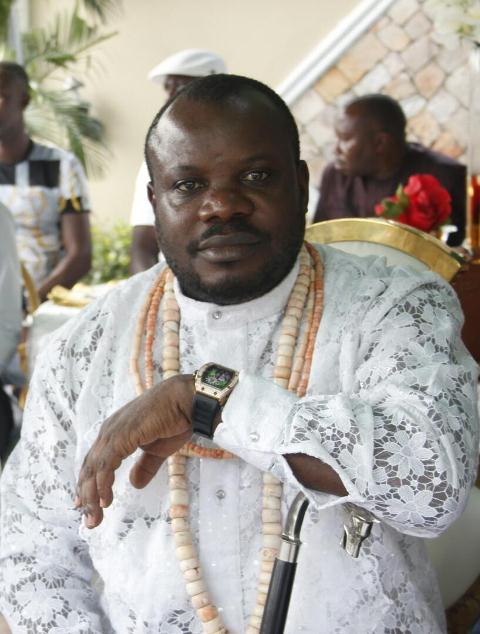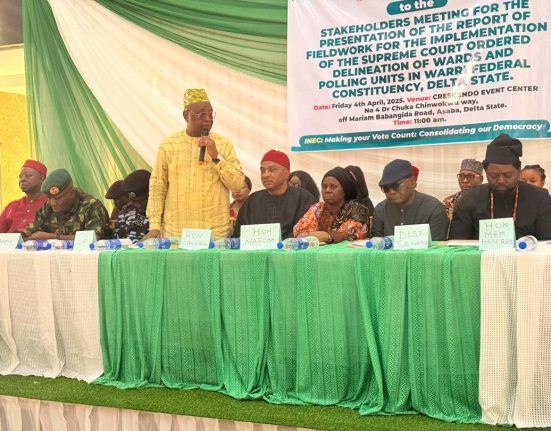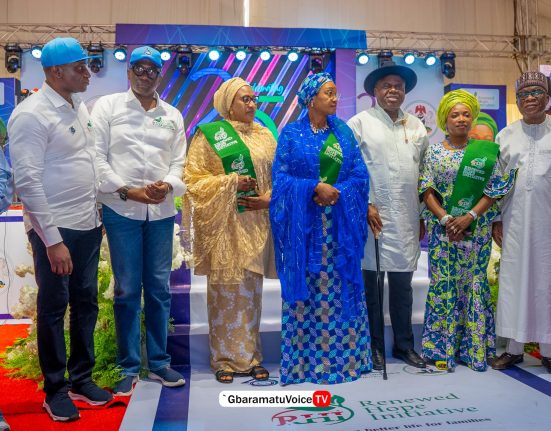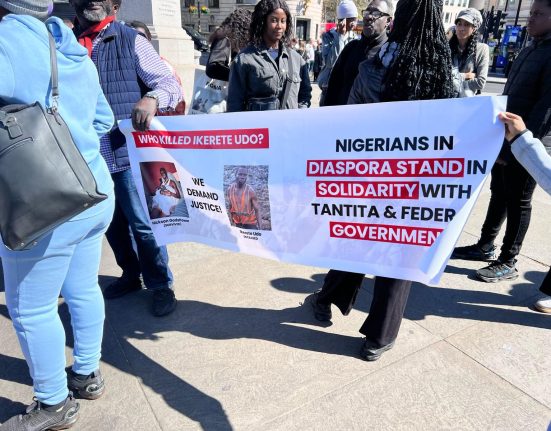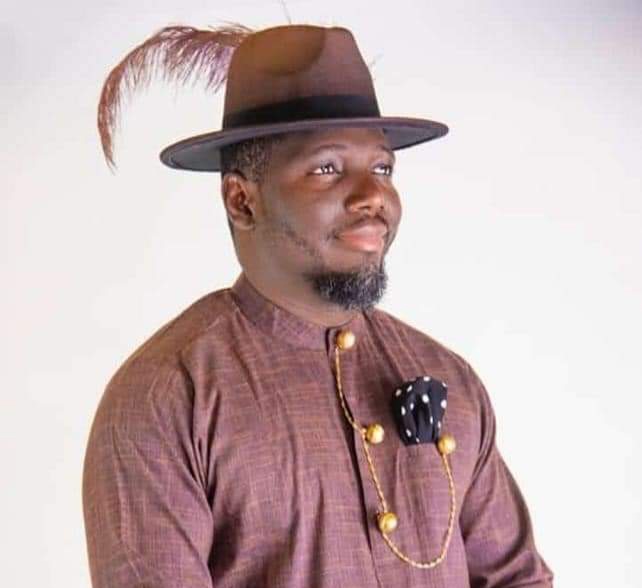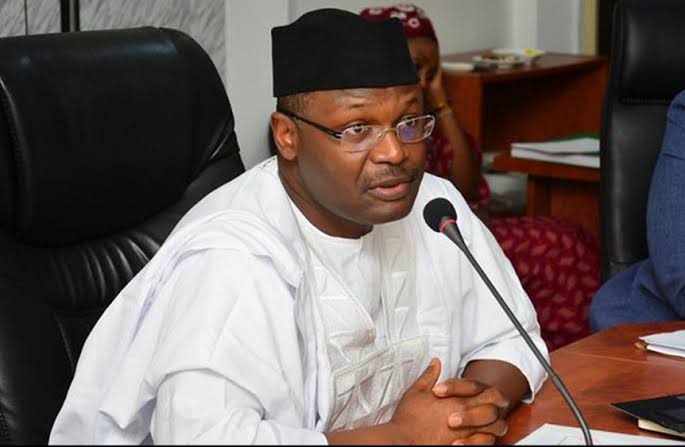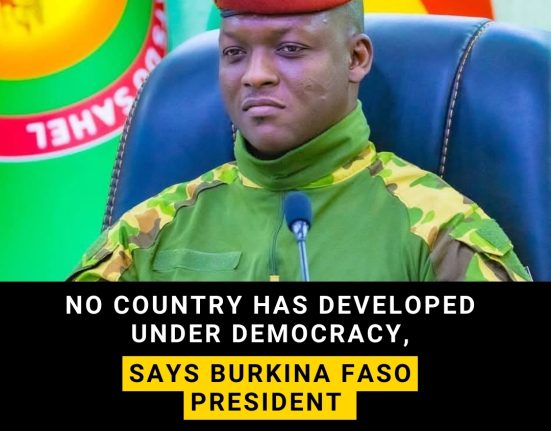Uncategorized
Things are getting worse in Niger Delta from the attitudes of oil companies – Otuaro
- by GbaramatuVoice Newspaper
- April 21, 2019
- 0 Comments
- 8 minutes read
- 395 Views
- 6 years ago
